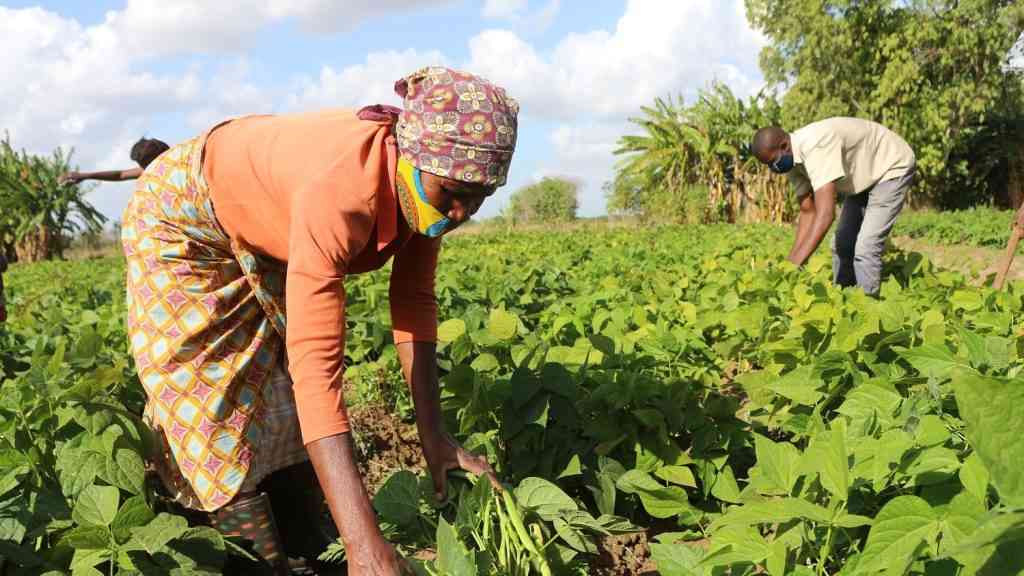As Parliament continues to deliberate on several crucial bills affecting every corner of Zimbabwean life, citizens are being urged to take a more active role in monitoring legislative developments and ensuring their voices are heard through their Members of Parliament.
A list of bills currently before Parliament, released on July 28, 2025, includes legislation with sweeping implications for healthcare, pensions, disability rights, public procurement, and the extractive sector. Yet many Zimbabweans remain unaware of the contents, progress, or potential impact of these laws.
What’s on the Table?
Among the seven bills currently under various stages of parliamentary scrutiny are:
- Persons with Disabilities Bill (H.B. 2B, 2023) – Transmitted to the National Assembly, this bill aims to strengthen protections and services for persons living with disabilities. It was gazetted in February 2024.
- Parks and Wildlife Amendment Bill (H.B. 1A, 2024) – Now in the Senate, this bill could redefine how Zimbabwe balances environmental protection with tourism and community development.
- Medical Services Amendment Bill (H.B. 6, 2024) – Currently undergoing second reading in the National Assembly. With the healthcare system under pressure, this bill seeks to revise the legal framework for medical services delivery.
- Insurance and Pensions Commission Amendment Bill (H.B. 7, 2024) – Referred to the Parliamentary Legal Committee, this bill could influence the financial security of retirees and working Zimbabweans.
- State Service (Pensions) Amendment Bill (H.B. 9, 2024) – Also at the legal review stage, this bill addresses government pension structures and benefits for civil servants.
- Mines and Minerals Bill (H.B. 10, 2025) – Mining remains one of Zimbabwe’s most strategic sectors, and this bill, currently in legal review, could redefine how resources are exploited, licensed, and taxed.
- Public Procurement and Disposal of Public Assets Amendment (H.B. 2, 2025) – With corruption and misuse of public funds a national concern, this bill, recently transmitted to the relevant ministry, is expected to tighten oversight in public sector spending.
Why It Matters
These legislative proposals will ultimately shape service delivery, economic growth, government accountability, and citizen rights in Zimbabwe. From pensioners to patients, miners to conservationists, almost every Zimbabwean is likely to be affected by at least one of the proposed changes.
However, the legislative process remains opaque to many citizens. Without pressure from voters and civic actors, bills may pass without adequate consultation or reflection of public interest.
“Legislation is not just paperwork; it’s the backbone of our daily lives,” said Harare-based legal analyst Pamela Mutasa. “If citizens don’t engage now—during the consultation and reading phases—they risk waking up to laws that don’t serve their needs or protect their rights.”
How Citizens Can Engage
Contact Your MP: Members of Parliament are elected to represent their constituencies. Citizens are encouraged to call, email, or visit their MP’s office to express opinions or ask questions about the bills.
Attend Public Hearings: Parliament conducts public consultations. These are opportunities for individuals and interest groups to provide feedback directly to lawmakers.
Join Civil Society Dialogues: Organizations such as ZESN, Veritas, and local residents’ associations often organize workshops and distribute bill summaries to help citizens understand legal texts in plain language.
Use Social Media and Radio: Civic hashtags, WhatsApp groups, and community radio stations are increasingly being used to spread awareness and create dialogue.
Democracy Requires Participation
Zimbabwe’s constitutional democracy depends not only on elections every five years but on continuous citizen involvement. Every bill discussed in Parliament today will become a policy, a right, or a responsibility tomorrow.
With most of the current bills still in early or mid-stages of consideration, there remains an opportunity for communities to shape outcomes. Ignoring these processes today could result in regret tomorrow.
As the saying goes, “If you’re not at the table, you’re on the menu.”








